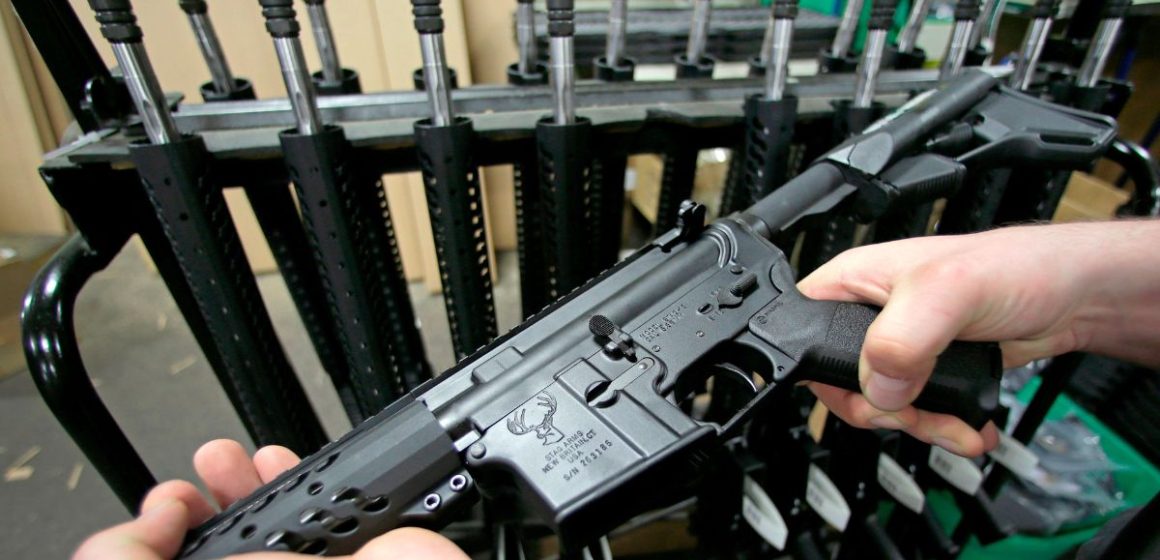A federal appeals court has rejected a challenge to the District of Columbia’s ban on extra large capacity magazines.
A split panel of the U.S. Court of Appeals for the District of Columbia Circuit ruled against four gun owners who argued that they needed magazines that hold up to 17 bullets for self-defense.
U.S. Circuit Judge Patricia Millett, a Barack Obama appointee, and Senior Circuit Judge Douglas Ginsburg, a Ronald Reagan appointee, sided with the district, while U.S. Circuit Judge Justin Walker, a Donald Trump appointee, dissented.
Under Washington, D.C., law, it is a felony to possess what is called an “extra large capacity magazine” — one capable of holding more than 10 rounds. Gun owners Andrew Hanson, Tyler Yzaguirre, Nathan Chaney, and Eric Klun raised a Second Amendment challenge to the law and argued that they have magazines that exceed the legal capacity and would use their magazines for lawful purposes, including self-defense, if the law was not in effect.
The appellate court applied the analysis put forth by the Supreme Court in N.Y. State Rifle & Piston Association v. Bruen, which required them to determine whether the district’s regulation falls within “this nation’s historical tradition of firearm regulation.” Though the panel rejected some of the district’s arguments — that founding-era restrictions on gunpowder or firing weapons after dark were analogous to the capacity restriction — it ruled that some Prohibition-era regulations were sufficiently analogous to withstand constitutional scrutiny.
The majority acknowledged that mass shootings are a relatively recent phenomenon that lack direct precedent. However, the panel found that Prohibition-era limitations on Thompson submachine guns, sawed-off shotguns, and Bowie knives were aimed at achieving similar goals to magazine-capacity restrictions. Because those laws showed a “tradition of regulating weapons particularly capable of unprecedented lethality,” the court found that they met the standard set out in Bruen.
“Although these laws may target different crimes than does the magazine cap, they share the same basic purpose: To inhibit then unprecedentedly lethal criminal activity by restricting or banning weapons that are particularly susceptible to, and were widely used for, multiple homicides and mass injuries,” wrote the panel in a 40-page opinion.
Walker, however, argued in dissent that any restriction on arms used for self-defense would be unconstitutional. In his dissent, Walker wrote at length about American history from both the Revolutionary and Civil War eras. Ultimately, Walker concluded that a blanket ban on arms “in common use” could not survive constitutional scrutiny:
Counsel for the gun owners has not announced yet whether they plan to appeal the ruling.
Read the panel’s full ruling here.
Have a tip we should know? [email protected]
Note: Thank you for visiting our website! We strive to keep you informed with the latest updates based on expected timelines, although please note that we are not affiliated with any official bodies. Our team is committed to ensuring accuracy and transparency in our reporting, verifying all information before publication. We aim to bring you reliable news, and if you have any questions or concerns about our content, feel free to reach out to us via email. We appreciate your trust and support!


